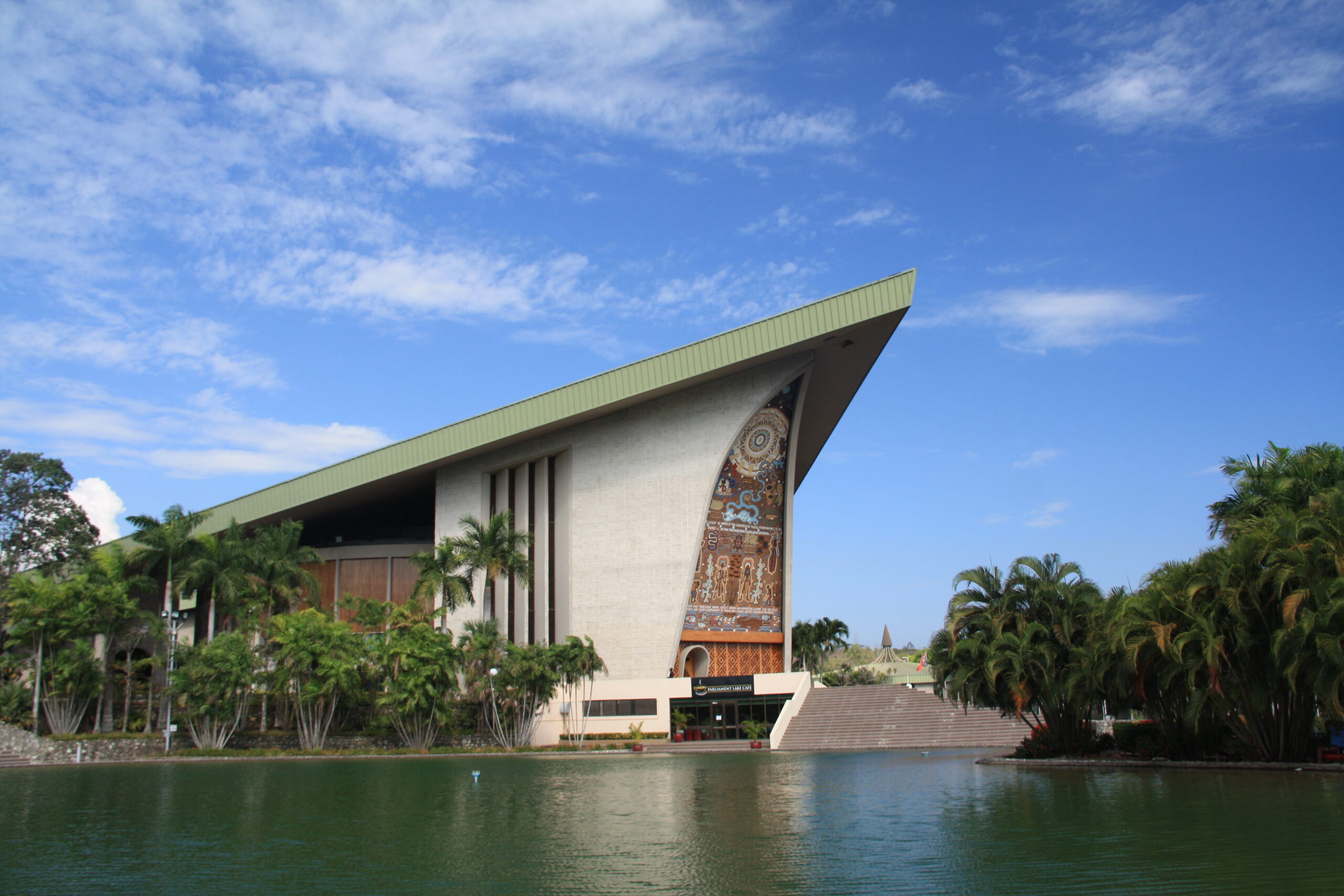Freedom of Information promotes public information accessibility and good governance. The Cluster Commitment strengthens the mechanisms for citizens to access information as provided for under Section 51 of the National Constitution. Access to Information is a key instrument contributing towards empowerment, transparency and accountability to build more open institutions and generate useful public knowledge.
Commitment #1 – Access to Information Legislation
Pursuant to Section 51 of the National Constitution, it states that “every citizen has the right of reasonable access to official documents subject only to the need for such secrecy as is reasonably justifiable in a democratic society. Furthermore, subsection (3), it states “provision shall be made by law to establish procedures by which citizens may obtain ready access to official information.” The current Access to Information Act will allow citizens to have access to government information.
Commitment #2 – National e-Government Portal
The Digital Government service delivery within government as well as between government and the public using information and communication technologies. NEC Decision#: 252/2020 directed for development of a National e- Government portal which will provide information services deemed public including but not limited to the policy library, gazettal notices, press releases, annual labor data and gazettal data such as CPI etc…
Commitment #3 – Digital Government Legislation & Strategy
1. The Digital Government Legislation
provides solutions to address government digital information and systems which the cluster is committed to regulate the use of the technological communication devices. It offers new opportunities for more direct and convenient citizen access to government and for government provisions of services directly to citizens through a coordinated integrated approach in which electronic data governance is fundamentally the driver of any digitization process.
2. E-Government Policy
The commitment focuses on the formulation of the e-Government Policy to establish a policy platform to enhance digital transformation. This commitment is the use of technological communication devices such as computers and internet, to provide public services to citizens. E-Government policy offers new opportunities for more direct and convenient citizen access to government, and for government provision of services directly to citizen
Related Reports
Members of the Freedom of Information Cluster are listed below:
| Government | Civil Society Organizations |
|---|---|
| Department of Information and Communication Technology | Transparency International PNG |
| Department of Justice and Attorney General Department | Center for Environment Law and Community Rights |
| Constitution Law Reform Commission | |
| National Statistics Office | |
| National Information & Communication Technology Authority | |
| PNG DataCo |
Read the Digital Government Act and Digital Transformation Policy here

